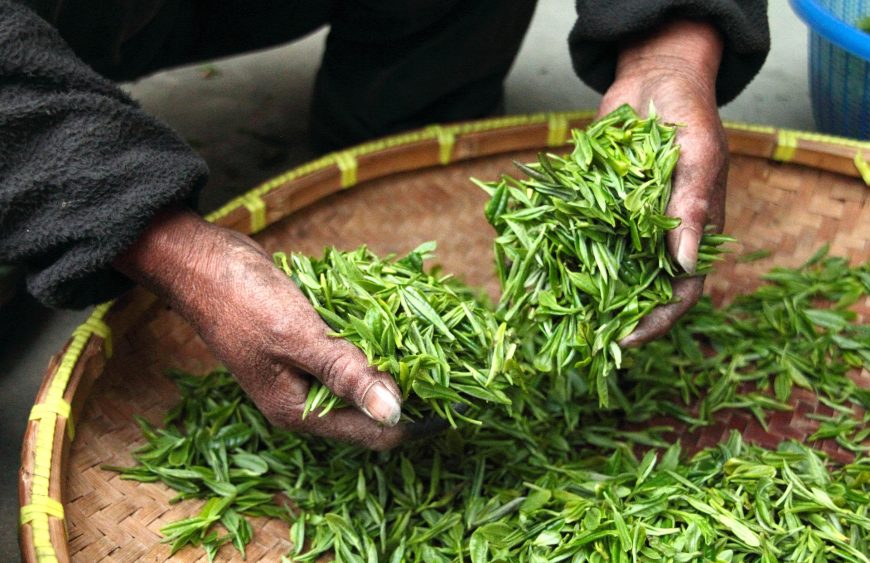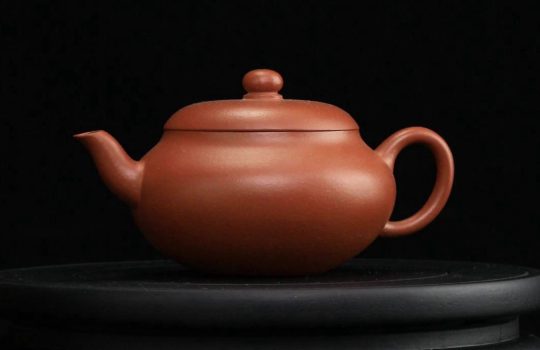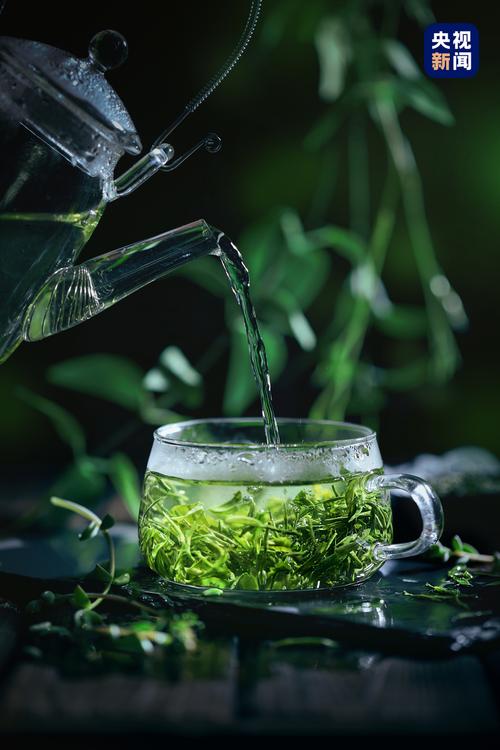Tea is rich in various nutrients
Tea is rich in nearly 500 essential nutrients for the human body, including alkaloids such as caffeine, theophylline, theobromine, choline, phenolic derivatives such as flavonoids, catechins, anthocyanins, as well as various vitamins, amino acids, and minerals. Nutritious elements include vitamins, proteins, amino acids, lipids, carbohydrates, and mineral elements; Products with health and pharmacological effects include tea polyphenols, caffeine, lipopolysaccharides, etc. These components work together and have significant implications for the prevention, treatment, and healthcare of the human body.
1. Tea contains various vitamins that the human body needs
The vitamins in tea can be divided into water-soluble vitamins and fat soluble vitamins based on their solubility. Water soluble vitamins include B vitamins and vitamin C, which can be directly absorbed and utilized by the human body through drinking tea. B vitamins can relieve fatigue, invigorate, calm the mind, promote blood circulation, and prevent cancer; Vitamin C, also known as ascorbic acid, can enhance the human immune system. Therefore, drinking tea is an effective way to supplement water-soluble vitamins, and drinking tea regularly can provide the body with a variety of vitamins it needs.
2. Tea contains mineral elements that the human body needs
Tea contains a large amount of essential elements for the human body, including phosphorus, calcium, potassium, sodium, magnesium, sulfur, etc; There are also many trace elements, such as iron, manganese, zinc, selenium, copper, fluorine, and iodine, which play important roles in the physiological functions of the human body. Therefore, drinking tea regularly is one of the important ways to obtain these minerals.
3. Tea contains protein that the human body needs
Protein is the material basis of life, and all human activities such as growth, development, movement, and reproduction cannot be separated from protein. It can be said that without protein, there would be no life. Therefore, it is a substance closely linked to life and various forms of life activities. The protein content in tea accounts for 20% to 30% of the dry matter of tea, among which water-soluble protein is one of the main components that form the taste of tea soup. Therefore, people who often drink tea can often supplement the necessary protein in a timely manner.
4. Tea contains amino acids that the human body needs
Tea contains a rich variety of amino acids, in addition to histidine, which is essential for infant growth and development. Although these amino acids are not high in tea, they can be used as supplements that the human body lacks in daily demand.
Tea contains about 28 types of amino acids, of which 8 are essential for the human body, including isoleucine, leucine, lysine, phenylalanine, threonine, valine, tryptophan, and methionine.
5. Tea contains carbohydrates that the human body needs
Carbohydrates are an important class of organic compounds widely distributed in nature and the main source of energy for the human body. The sugars in tea include monosaccharides, starch, pectin, polysaccharides, etc. Due to the fact that most of the sugars in tea are insoluble in water, the calorie content of tea is not high, making it a low calorie beverage. Therefore, the sugars in tea have significant effects on maintaining and enhancing human physiological activity.
In addition to the above nutrients, tea also contains various beneficial substances for the human body. Therefore, drinking tea regularly can not only provide us with a calming effect, but also help us supplement various nutrients in a timely manner, which is extremely beneficial to the body.




